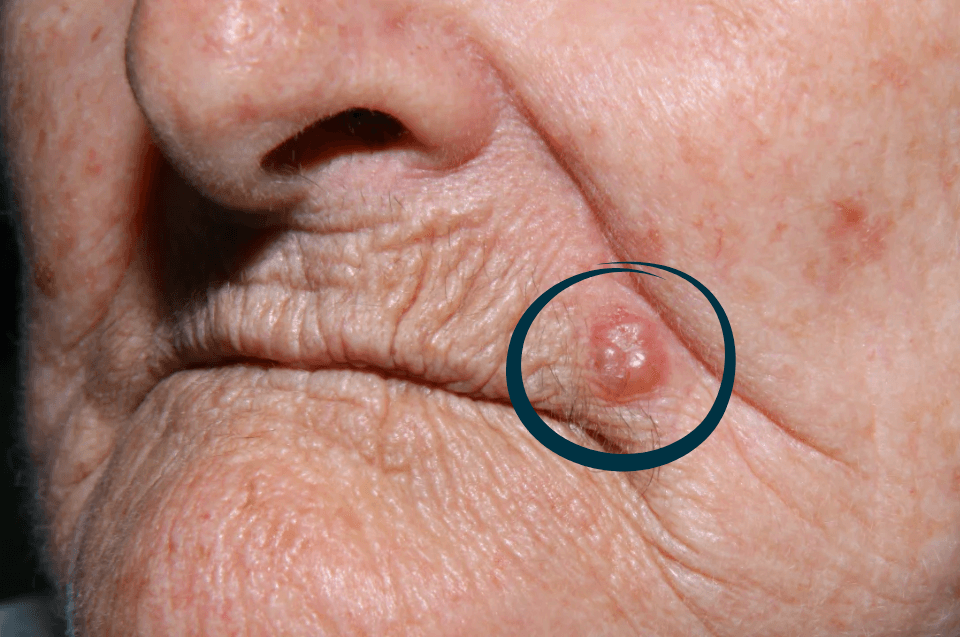Mythomania, also known as pathological lying or pseudologia fantastica, is a psychological disorder in which a person feels a compulsive need to lie, even without any apparent gain or clear justification. Unlike occasional lying — something relatively common in social interactions — mythomania can damage relationships, undermine trust, and is often linked to other psychiatric conditions.
In this post, we’ll take a closer look at what mythomania is, how to recognize its signs, possible causes, and available treatment options.
What Is Mythomania?
Mythomania is a disorder characterized by a continuous and impulsive tendency to lie — often in elaborate, convincing, and even theatrical ways. The stories told by those with this condition typically mix real facts with fabrications, which can confuse even close acquaintances.
People with mythomania may lie:
To gain admiration or attention
To avoid responsibilities or punishments
To feed personal fantasies
Or simply out of impulse, with no clear reason
It’s important to note that the person is not always fully aware of the impact or frequency of their lying, making the disorder difficult to diagnose without professional help.
Causes and Associated Factors of Mythomania
The causes of mythomania are not fully understood, but it is believed to be multifactorial, involving a combination of psychological, social, and neurological aspects.
Key contributing factors include:
Personality disorders, such as borderline, narcissistic, or antisocial personality disorder
Anxiety disorders or depression
Childhood trauma, such as neglect, abuse, or a need for emotional protection
Dysfunctional family environments, where lying was used as a defense mechanism
Unconscious desire to compensate for insecurities or low self-esteem
There are also neurological hypotheses: studies suggest that dysfunctions in the prefrontal cortex, the brain area responsible for impulse control and moral judgment, may be involved in mythomania.
Signs and Symptoms of Mythomania
It can be challenging to distinguish between occasional lying and mythomania, but certain signs may indicate a more serious issue:
Frequent lying, often without a logical purpose
Distortions of reality through fantastic or implausible stories
Contradictory accounts over time
Inconsistencies in versions of the same story
Inability to admit lying, even when confronted with evidence
Harm to personal, professional, or family relationships
Lack of guilt or remorse — or sometimes guilt that is followed by repeated relapses
It’s important to understand that compulsive lying is not necessarily a sign of malice or conscious manipulation. In many cases, the person is dealing with intense internal conflict and genuinely needs help.
Can Mythomania Be Cured? What Is the Treatment?
Mythomania can be treated, especially when the person acknowledges the problem and seeks professional help. Treatment, however, tends to be long and challenging, as lying behavior is often deeply rooted.
Common treatment approaches include:
Psychotherapy: Cognitive Behavioral Therapy (CBT) is particularly effective in identifying triggers, restructuring distorted thoughts, and developing strategies to avoid lying
Treating comorbidities: Conditions such as depression, anxiety, or personality disorders should also be addressed
Medication: In some cases, psychiatrists may prescribe antidepressants or mood stabilizers, depending on the clinical picture
Family or couples therapy, especially when relationships are affected and support from loved ones is essential for recovery
Sticking to treatment can be difficult, especially if the person doesn’t fully recognize the seriousness of the issue. That’s why empathic, nonjudgmental approaches are key to therapeutic success.
Myths and Truths About Mythomania
“Mythomania is just a lack of character.”
False. Mythomania is a psychological disorder that requires treatment. Reducing it to a moral flaw only increases stigma and discourages people from seeking help.
“People with mythomania only lie for personal gain.”
False. Many lies are told impulsively or to maintain internal fantasies, with no clear benefit involved.
“Chronic liars are manipulative and dangerous.”
Partially true. Not all compulsive liars lie with the intention of manipulating. In some cases, lying serves as a way to protect the ego or hide insecurities.
“There’s no treatment for mythomania.”
False. Although treatment can be lengthy, there are effective interventions — especially when there is motivation and proper therapeutic support.
When to Seek Help
If you or someone close to you shows signs of compulsive lying and it’s affecting relationships or quality of life, it’s important to consult a psychologist or psychiatrist. The sooner treatment begins, the better the chances of improvement and control.
Final Thoughts
Mythomania is a real and complex disorder that deserves attention and care. More than judging or labeling, we need to understand that it’s a treatable psychological condition. With empathy, commitment, and professional guidance, recovery is possible.
The path to truth and healthier relationships begins with recognizing the problem and seeking help.



